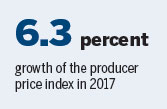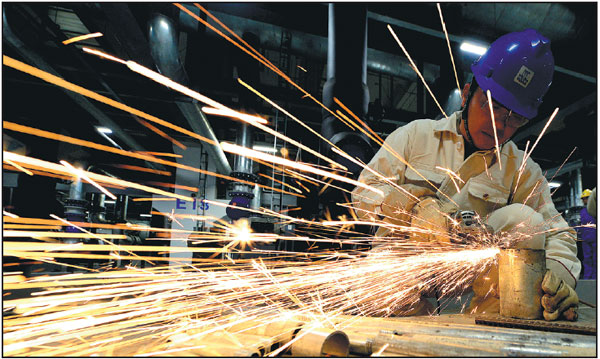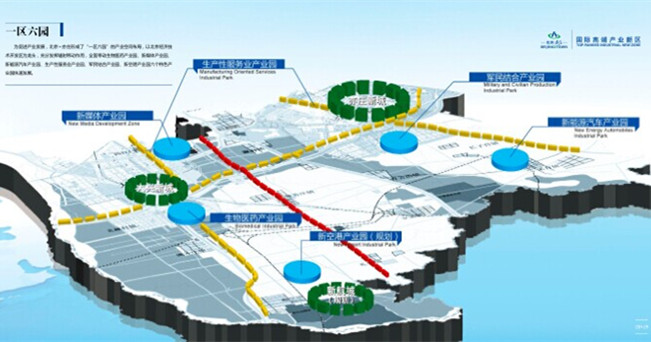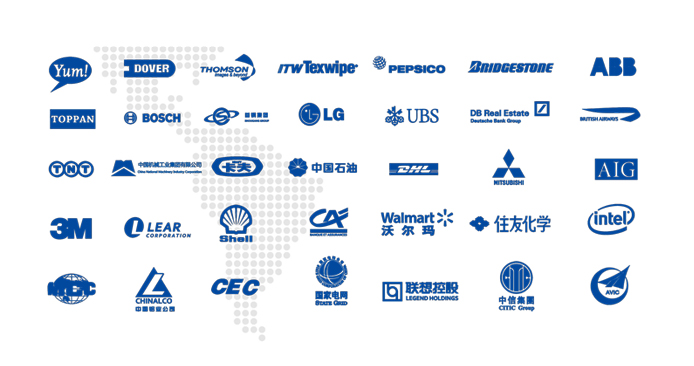Industrial output increases 6.6%
( China Daily )
Industrial output rose 6.6 percent last year, up 0.6 percentage point from a year earlier, the National Bureau of Statistics said on Thursday, driven largely by the global economic rebound, momentum from the Belt and Road Initiative and surging domestic demand.
High-tech and equipment manufacturing industries witnessed higher output growth of 13.4 percent and 11.3 percent respectively in 2017, while the mining sector saw a 1.5 percent decline on a yearly basis.
Industrial businesses above the designated size shipped 12.32 trillion yuan ($1.9 trillion) of goods to overseas markets last year, up 10.7 percent from 2016.
"Manufacturing companies in China received more orders than in previous years and their cash flow improved considerably in 2017. This trend will not only benefit upstream businesses, but also the middle and downstream manufacturers," said Deng Haiqing, an analyst with JZ Securities.
Corporate profits remained strong, with total profits of industrial manufacturers above the designated size surging 21.9 percent year-on-year to 6.88 trillion yuan between January and November last year, said the National Bureau of Statistics.
The profit rate for these firms' pillar business climbed to 6.36 percent during this period, from 5.82 percent a year earlier.

Zhou Zhicheng, deputy director for market research at the Beijing-based China Federation of Logistics and Purchasing, said the price rebound in industrial goods would support the manufacturers' earning ability.
The producer price index, which measures costs for goods at the factory gate, climbed 6.3 percent year-on-year, compared with a 1.4 percent drop in 2016, ending the declining trend during the past five years.
"Consumption spending in both the home and global markets is expected to rise at a fast pace this year, pushed by China's ongoing consumption and industrial upgrading, as well as the emergence of new industries, including e-commerce, 4G and 5G technologies, mobile payment, virtual reality and the sharing economy," said Zhou.
Leading Chinese technology companies such as Baidu Inc, Alibaba Group Holding Ltd and JD are making inroads into artificial intelligence, as part of the broad push to promote technology innovation and improve the quality of economic growth.
Baidu was chosen to lead the establishment of China's AI national laboratory on deep learning last year.
The internet search giant plans to put autonomous buses that operate in designated areas into mass production and trial operation by the end of July 2018, according to Baidu Chairman and CEO Robin Li.
E-commerce giants Alibaba and JD have also begun to help retailers merge online and offline resources with the aid of AI, big data and cloud computing technologies, in order to reshape the traditional retail industry.
Alibaba's cashier-less retail store has already applied facial recognition and digital payment technologies to cope with the removal of human elements.
Contact the writers at zhongnan@chinadaily.com.cn
|
A technician solders machine parts at Caihong Optoelectronics Technology Co in Xianyang, Shaanxi province.Ji Haixin / For China Daily |
(China Daily 01/19/2018 page13)

 The Area with Six Parks
The Area with Six Parks Global Top 500
Global Top 500